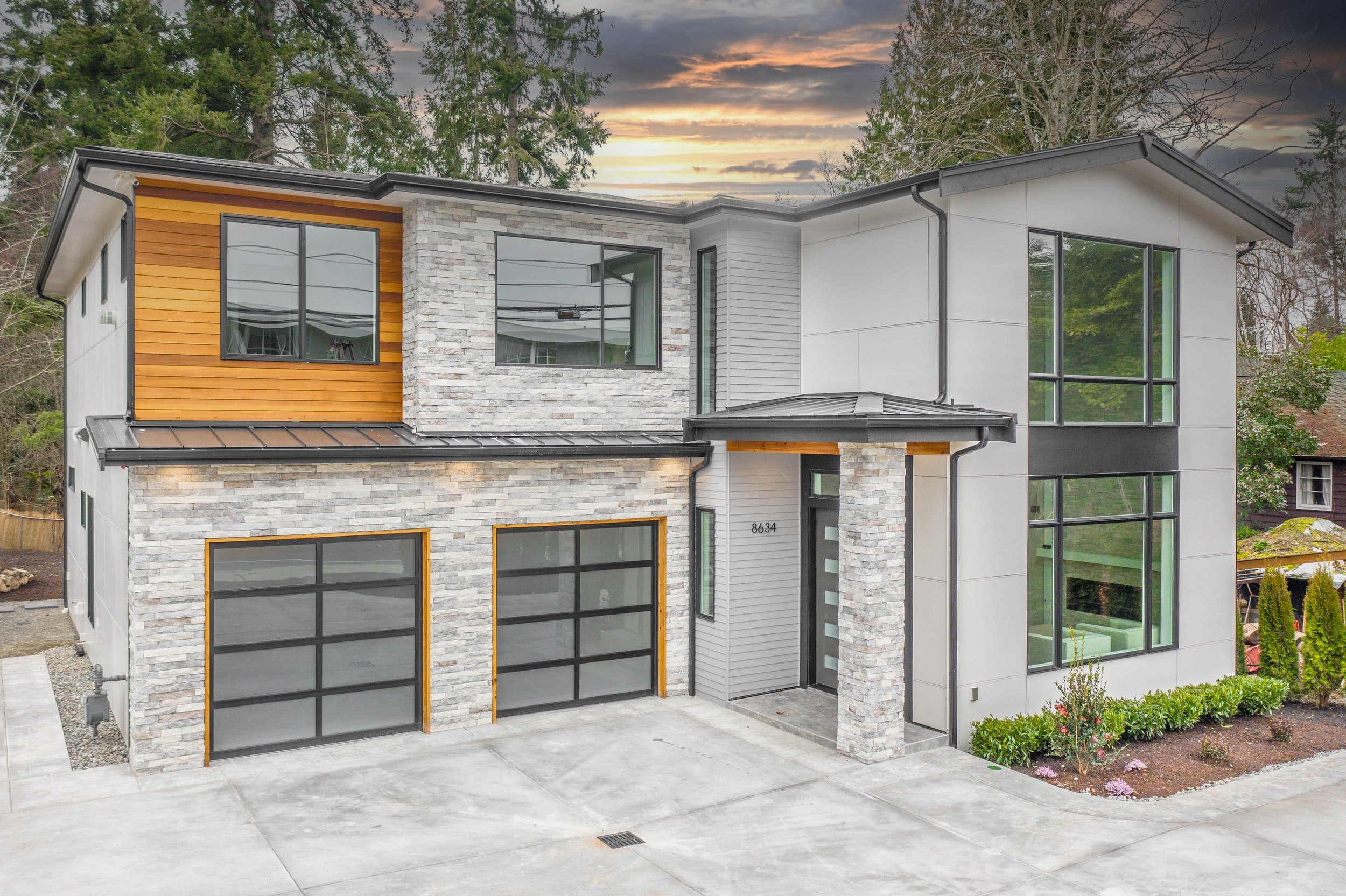Some people associate Millennials with incompetency and inertia, imagining that most people born between 1985-1996 are not business-savvy enough to impact the economy significantly. The reality is, the stigma that culture placed around Millennials could not be further from the truth, and Millennials have become one of the most influential and important demographic segments within the housing market.
Millennials are far from being superficial, naive real estate buyers hunting for the most Instagrammable Manhattan view out there. In actuality, the Millennials' purchasing habits and real estate preferences greatly impact the industry, and have been becoming more and more a key influence is more of this generation looks to become homeowners. Millennials are changing the luxury real estate market as we speak.
Naturally, if you want to sell or buy a luxury property, you want to know which home features people pay extra for. It is always better to introduce home updates that will appeal to serious buyers if you decide to move out. And Millennials have positioned themselves as buyers who are willing to invest in real estate. So much so they are de facto dictating the luxury real estate market trends. In fact, 38% of home buyers belong to this demographic group.
Millennials prefer their starter home to be a luxury property
The dominant rhetoric in recent years has labelled Millennials as hesitant to leave their parent’s homes. However, it is not the case that Millennials do not want or cannot afford their own homes. The latter has especially been bolstered by COVID as many Millennials were able to temporarily live with their parents, saving significant money for down payments. Because of the impact of witnessing the Great Financial Crisis, Millennials have taken, perhaps, a more cautious approach to buying, waiting longer to invest in their first property. This demographic group has strong buying power thanks to high incomes from salaries in industries such as Tech and Finance, particularly in the large, coastal metro areas around the country.
As a result, Millennials do not shy away from having their first purchase be a luxury home. This tendency makes them a true force of nature in the world of luxury real estate. The slight delay of their dominance in real estate has enabled them to invest in properties or rent luxury homes in some of the best areas of metropolises, such as New York. Of course, some NYC neighbourhoods are more welcoming to the Millennial's lifestyles and living preferences.
Millennials’ backgrounds and attitudes are changing the luxury real estate market
It is not just the choice of neighborhoods that affects the change in the luxury real estate market. As a generation, Millennials tend to be better educated, have better earnings, and inherit more than people in the past. All of this makes for a demographic group that has strong buyer power, and is investing its assets into luxury homes that are more functional and more energy-efficient.
Furthermore, Millennials grew up amid the technological revolution that has changed how the world works. As a result, the technical savviness of Millennials also dictates how luxury homes will be furnished, making the concept of smart homes synonymous with luxury homes.
Today, smart home features are a must in luxury homes.
Millennials increasingly work from their homes
The Covid-19 pandemic has influenced luxury real estate trends and predictions in upscale locations such as New York and the way most Millennials do business. So, a recent switch to remote working allows many Millennials to work from their home office. And what's better than basing your home office in a luxury home that is your “vision board” in real life - in a fantastic location at that.
Millennial homebuyers prefer to buy luxury homes with home offices.
Given this trend, luxury homes in sunnier, suburban, and remote locations surrounded by nature and other stimulating perks are in demand. In addition, Millennials are moving to luxury estates in more affordable cities as they no longer have to commute to work. However, it is not just luxury real estate that is catching up to these changes. According to Tik Tok Moving and Storage, moving companies are also enhancing their range of offers and services, thus enabling their clients to prepare and execute a long-distance move in the shortest amount of time possible.
Sustainability is becoming the norm in the world of luxury real estate
Another significant milestone in the world of luxury homes has to be the recent turn to sustainable and environmentally-friendly home features. Sustainable living has finally become a priority for eco-conscious homebuyers who want to reduce their carbon footprint by turning to green energy. And it is no coincidence this is happening right now. As they become older, people born in the Millennial generation tend to be more aware, outspoken, and fervent regarding these noble agendas.
Hence, experts in the luxury real estate market respond to these consumer preferences. As a result, energy-efficient HVAC systems, solar panels, green roofs, Tesla chargers, and other such sustainable home features are becoming a necessity rather than an exception in the world of luxury real estate. Since such technological advances in luxury real estate have the potential to set the bar for other real estate markets, soon enough, we are likely to see similar developments sweeping the industry.
Millennials are changing the luxury real estate market for the better
In sum, Millennials are changing the luxury real estate market mainly toward a more self-conscious, environmentally friendly, and data driven industry. Given the strong purchasing power and cultural impact of this demographic, it is likely that they will continue to shape market trends and dynamics in the near future.




